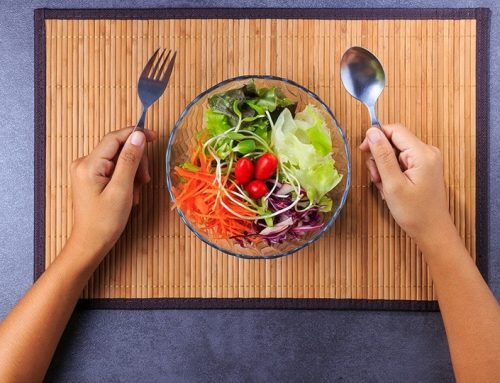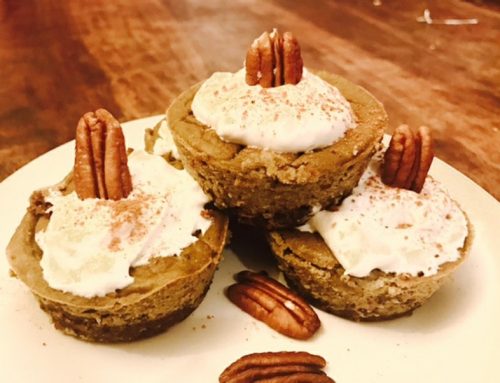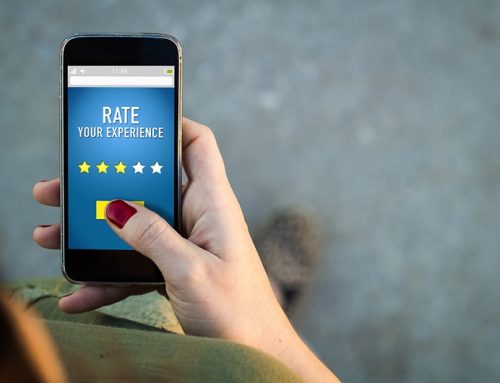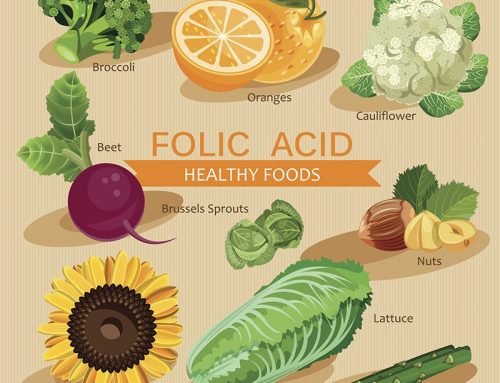Late-night eating is one of the biggest challenges when it comes to weight loss. (Full disclosure: I have struggles with it myself.) One of the reasons I tend to recommend eating plans that are lower in carbohydrates is because so many high carb foods literally create their own cravings. Advertisers weren’t kidding when they invented the slogan, “Betcha can’t eat just one”. Foods high in processed carbs are literally engineered to goose your appetite centers; in addition, they stimulate insulin, also known as “the hunger hormone”. (Interestingly, insulin’s other “nickname” is “the fat storage hormone”. Get my drift?)
I asked my good friend VP of Nutrition and Education at Atkins Nutritionals Colette Heimowitz, M.Sc, to provide a few quick tips on how to eat smart after dark. Here’s what she offered:
- Prevent Late-Night Eating Altogether: Eat low-carb meals throughout the day to keep blood sugar steady, thereby reducing cravings and the temptation to nosh on high-carb items like chips or cookies at night.
- Crunch Away: If you must snack at night choose crunchy, low-carb foods such as macadamia nuts or celery sticks filled with cream cheese or almond butter. The crunchiness gets your mouth moving, which helps make snacks more satisfying.
- No Containers on the Couch: Don’t take the food container to the couch. Instead, place your portion on a small plate and bring it with you. That way you’ll eat less and can keep better track of what you’re ingesting.
- Drink Up: Instead of eating, have something to drink. Hot beverages can help you cut your appetite. Try a mug of herbal tea sweetened with sucralose or stevia, low-carb hot cocoa or some chicken or beef broth. Or for something cool and creamy, have an Atkins Advantage shake. (Note: You can also make a low-calorie, low-carb, satisfying shake at home out of protein powder, with or without berries added for texture and flavor.)
- Keep Your Hands & Mind Busy: Instead of munching in front of the TV, keep your hands occupied and your mind sharp by picking up an engaging pastime, like knitting or making a scrapbook. You can even do the daily crossword puzzle during the ads.
A lifestyle that wards off late-night cravings, the Atkins Nutritional Approach includes a wide variety of whole foods including lean protein, vegetables, fruits and whole grains to keep you satiated longer. The plan eliminates the simple sugars and simple carbohydrates that cause blood sugar to spike.
Dr. Jonny comments: I’ve always felt that Atkins got a terrible rap and was unfairly portrayed in the conventional media as the doctor who told you to eat pork rinds. Luckily, a great deal of research in the past decade has validated much of what he had to say.
My Diet Boot Camp program uses many concepts originated by Atkins, Barry Sears, Michael and Mary Dan Eades and others who realized early on that the greatest danger to our health and our waistline was not coming from fat but from ridiculously high amounts of processed carbohydrates. Learn more about my Diet Boot Camp.














[…] This post was mentioned on Twitter by Self Improvement, Reclaim Your Mojo. Reclaim Your Mojo said: What To Do About Late Night Eating! http://bit.ly/bAcJ12 […]
I think that as long as your total daily intake of sugars and starch does not exceed your optimum (e.g. somewhere between 20 and 60 grams) you can eat as late at night as you like and the quick tips will be unnecessary.
I follow some of these tips and they work. I trained myself years ago to stop eating by 8pm. If I do need something I’ll have some almonds or a cup of tea.
I would suggest that instead of using symptom care tips, get to the core of why you need these snacks.
If someone is eating per emotional needs, the emotional suppression could be addressed per some type of release technique such as ERT or simply some deep breathing techniques.
If digestion is hindering your breakdown of your foods; assessing and addressing your likelihood of gluten intolerance, and taking a high quality probiotic and your Prime Digestive Support would assist on this level. Often the regular need for snacks can be tied into your poor absorption and assimilation of your food.
If you are needing these late night snacks it could also be tied into too little fat consumption with dinner. If we are low in fat this could lead to a lack of feeling satiated. This could also be tied into a lack of eating according to your Nutritional ID; the understanding that our nutritional choices are to be based on our own bio-chemical individuality.
If you would like to learn more about ERT, Nutritional ID or assess your likelihood of gluten intolerance you can visit http://www.DepkeWellness.com for this info.
The seven tips listed are a great starting point, but you really want to get to the core of this issue.
Wellness for the World,
Glen Depke, Traditional Naturopath
I agree with everything she suggested, with the exception of Sucralose as a sweetener. I disagree with this alternative sweetner as being healthy. Its a total chemical sweetener and I would suggest the other alternatives such as Stevia or Xylitol which are all natural and have no ill effects on your body. Plus they still have zero calories. All the others tips are great though.
The low/no carb meals after dark has worked for me and my clients. I give them a recipe for a meal replacement drink made with whey, olive oil, green tea, ground flax seed, and a powdered green food. It supplies just about everything you need but but the excess calories.
dina and others, where is the proof that splenda is a toxin show me that data, not the internet panic> splenda is one rotated chlorine molecule off of “sugar,” White processed sugar which is the cause of a very large percentage of the 25 million diabetic and 60 million metabolic syndrome patients we have in this country. splenda dose not cause any rise in insulin, the primary cause of late onset diabetes! splenda is approved by 6 continents as a safe alternative.
[…] Practice conscience eating. “Don’t take the food container to the couch. Instead, place a portion on a small plate and bring it with you.” (4,5,6) […]